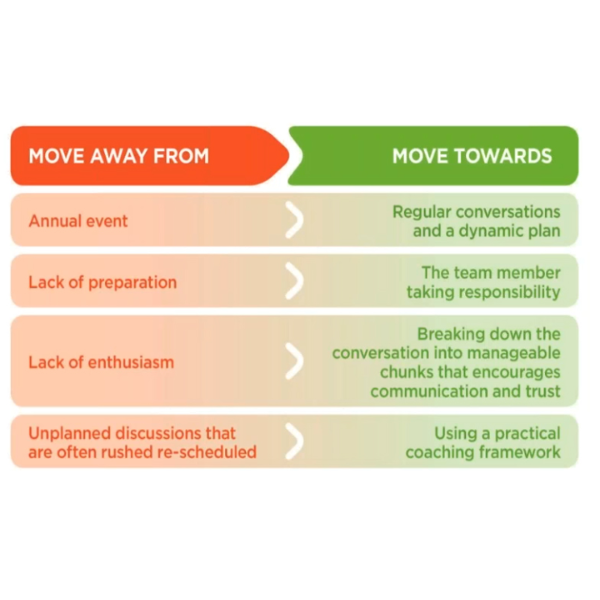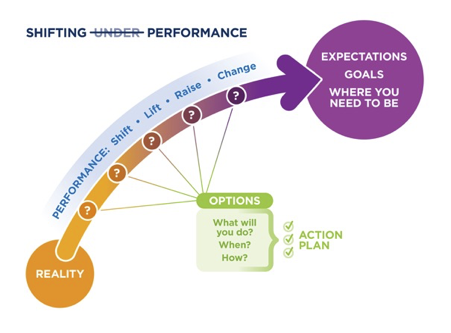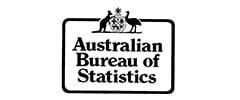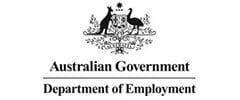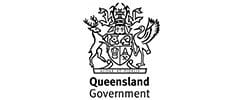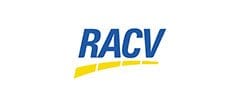We continue our focus on getting ready for annual performance reviews during our Coaching Café this week. Over the past couple of weeks, we’ve looked at key tips and a framework to set those conversations up for success. This week we turn our attention to the trickier performance conversations.
Performance conversations in the workplace are often viewed as daunting and ineffective. Often leaving both managers and employees feeling frustrated.
In this blog, we delve into the reasons behind the complexity of these discussions. Furthermore, and explore the significance of adequate preparation and ongoing dialogue.
By understanding the flaws in traditional performance management approaches, we can strive to create a more meaningful and productive feedback process.
Listen to the Coaching Cafe podcasts
The Problem with Traditional Performance Evaluations:
However, traditional approaches to performance evaluation are deeply flawed and often do more harm than good. For example, only 14% of employees strongly agree that the reviews they receive inspire them to perform better. Only 26% of employees strongly agree that they are accurate, and only 29% strongly agree that they are fair. Not surprisingly, the result is that performance reviews actually make performance worse about one-third of the time.
Research has shown that conventional performance evaluations are deeply flawed, often doing more harm than good. Shockingly, only 14% of employees feel that the reviews they receive inspire them to perform better. While even fewer believe they are accurate (26%) and fair (29%). These statistics highlight the need for a re-evaluation of performance management practices.
The importance of conversations:
Performance conversations hold tremendous importance in driving employee growth and development. However, their significance often gets overshadowed by a focus on administrative processes and form-filling.
The heart of these discussions lies in the dialogue itself. Where managers have the opportunity to convey valuable information and employees can share their achievements, challenges, and aspirations.
By shifting the emphasis from administrative tasks to fostering meaningful conversations, organizations can create a more engaging and effective performance management process.
The tricky nature of performance conversations:
Several factors contribute to the challenges faced during performance conversations.
Firstly, the infrequent and formal nature of these discussions, often treated as an annual event, creates a sense of unease and lacks the necessary preparation.
The absence of regular conversations throughout the year leaves employees feeling unprepared and anxious. While managers struggle to provide accurate and timely feedback.
Effective performance conversations require thoughtful preparation and ongoing dialogue. Managers need to create a welcoming and relaxed environment to encourage open communication. By actively listening and showing genuine interest, managers can build trust and foster a safe space for employees to express their thoughts and ideas. Regular check-ins and ongoing feedback throughout the year allow for timely interventions. Furthermore, the resolution of any issues as they arise. Rather than waiting for the annual review to address them.
A bit like mid-term school reports
We were thinking about school reports. And how it shouldn’t be a surprise to you if your child receives their grades in the mid-term report. If parents/guardians and teachers were having regular conversations, the mid-term report is a summary. Importantly, not a surprise!
Just like mid-year school reports, it becomes evident that surprises or discovering issues for the first time during the review process are counterproductive.
Similarly, performance conversations should not serve as the first instance of discussing problems or concerns. Managers should address issues as they arise, allowing for ongoing dialogue and course corrections. Therefore, ensuring that the final review is a summary of the conversations held throughout the year.
Using the coaching approach
As we talk about on our workshops on this topic and coaching programs, you can use a form of the GROW model to handle difficult conversation. Particularly if someone is over-rating. Or they have checked-out of the conversation. Or are not engaged. Furthermore, navigating tricky performance conversations requires a shift in mindset and approach.
The key lies in talking about the shift, lift, raise or change in performance. From where they are now. To where they need to be: the expectation or goals. Of course, then working out the plan to move forward.
Ultimately, fostering a culture of open communication and continuous feedback will lead to improved employee performance, engagement, and overall organizational success.
Whether you are involved in developing annual performance systems, coaching managers, a manager embarking on the annual performance review season, or getting yourself ready for your own performance review, this is a webinar that we are all going to benefit from.
FREE Coaching Cafe Webinar
Every week our team of experts present “Coaching Cafe” webinar with topics for Managers, Leaders, Business Owners, and everyone who wants to be a better workplace coach, leading their teams to higher productivity, better outcomes and a happier, healthier workplace.





